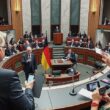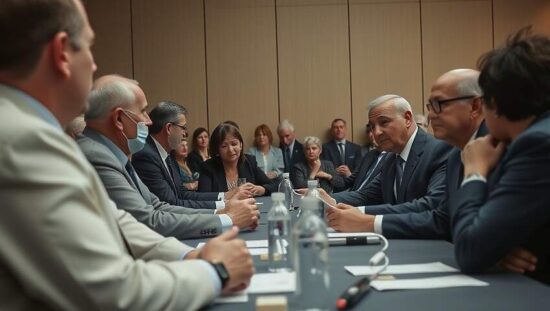Negotiations at the COP30 climate summit in Belém are encountering significant obstacles, according to former German climate envoy Jennifer Morgan, who described the process as “a bit chaotic”. While acknowledging progress in areas like transitioning away from fossil fuels, Morgan highlighted a palpable resistance from several key nations seeking to downplay the urgency of climate action.
Morgan specifically pointed to a lack of commitment from the Arab Group, India and China, noting their reluctance to embrace more ambitious climate goals. Financial commitments from developed nations are also proving contentious, with Morgan observing a “nervousness” and hesitancy to provide the necessary funding for vulnerable countries.
Despite this, Morgan affirmed that the German government representatives are actively engaged at the COP, collaborating with other nations to secure a meaningful outcome. She attributed a “positive role” to their efforts in navigating the complex negotiations.
Addressing the increasingly vocal demands of civil society and Indigenous populations present at the summit, Morgan acknowledged their importance. However, she clarified that while these voices are crucial, the systemic critiques espoused by some demonstrators largely fall outside the scope of the focused negotiations centered around specific proposals. The COP, she emphasized, primarily serves as a platform for discussing concrete actions rather than a wholesale critique of global capitalism.
Responding to criticisms that the COP process yields insufficient progress, Morgan defended its value, emphasizing that significant changes have occurred since the Paris Agreement. She underscored the vital role the COP plays in providing a voice for the most vulnerable nations, arguing that without this forum, substantial progress would have been unattainable.
Looking ahead, Morgan expressed concern over the deteriorating geopolitical landscape. She stressed the imperative for international collaboration, especially given what she described as the “actively negative, even destructive” stance taken by the Trump administration. This underlines the precariousness of climate negotiations and the fragility of global cooperation amidst growing political tensions.





